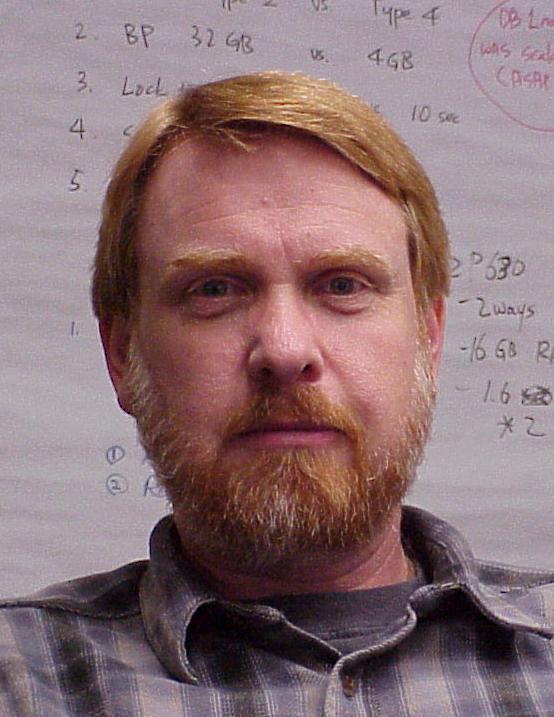 |
 Sponsored by the IEEE Mass Storage Systems Technical Committee |
|
MSST 2012 Speaker
Dr. Ray Paden, IBM
 Basic GPFS semantics will be covered along with examples of storage building blocks and tiered solutions (spanning disk and tape.) The examples will contrast the pros and cons of large vs. small building blocks. MSST Abstract: PB Sized Storage Systems Are Not Unusual Until recently, PB-sized disk storage systems seemed unthinkable, but today they are increasingly common. Vendors are responding by making larger, less expensive disks and controllers that manage over a PB. Yet center managers and application developers do not appreciate the complexity of using and managing these large storage systems. Moreover, they specify these systems based on capacity requirements without fully considering performance issues. And all too often they approach them as something peripheral rather than integral component of the overall processing system. They give detailed attention to other things, but simply ask for a storage system like they had before, only bigger. This often leads to an overly costly storage system that is a performance bottleneck. Dr. Ray Paden is currently an HPC Technical Architect with world-wide scope in IBM's Deep Computing organization, a position he has held since June, 2000. His particular areas of focus include HPC storage systems, performance optimization and cluster design. Before joining IBM, Dr. Paden worked as software engineer doing systems programming and performance optimization for six years in the oil industry. He also served in the Computer Science Department at Andrews University for thirteen years, including four years as department chair. He has a Ph.D. from the Illinois Institute of Technology in Computer Science. He has done research and published papers in the areas of parallel algorithms and combinatorial optimization, performance tuning, file systems, and computer education. He has served in various capacities on the planning committee for the Supercomputing conference since 2000. He is currently a member of ACM, IEEE and Sigma Xi. As a professor, he has won awards for excellence in both teaching and research. He has also received the Outstanding Innovation Award from IBM. |
| Page Updated January 12, 2024 |